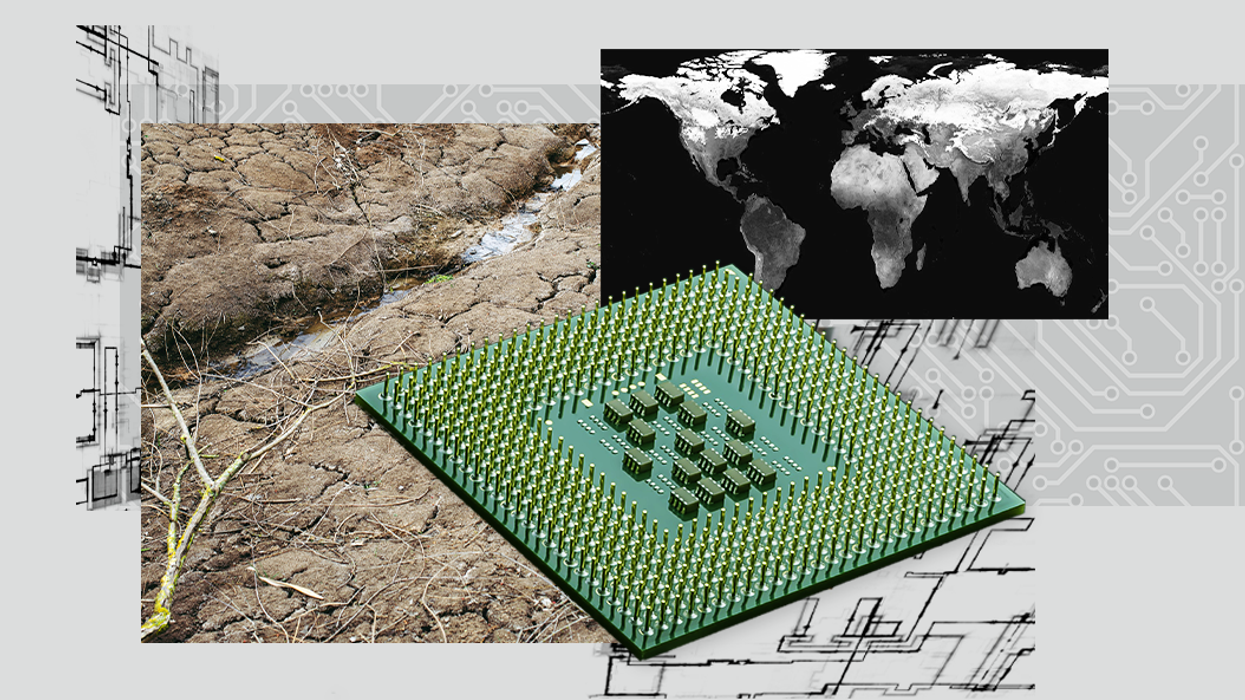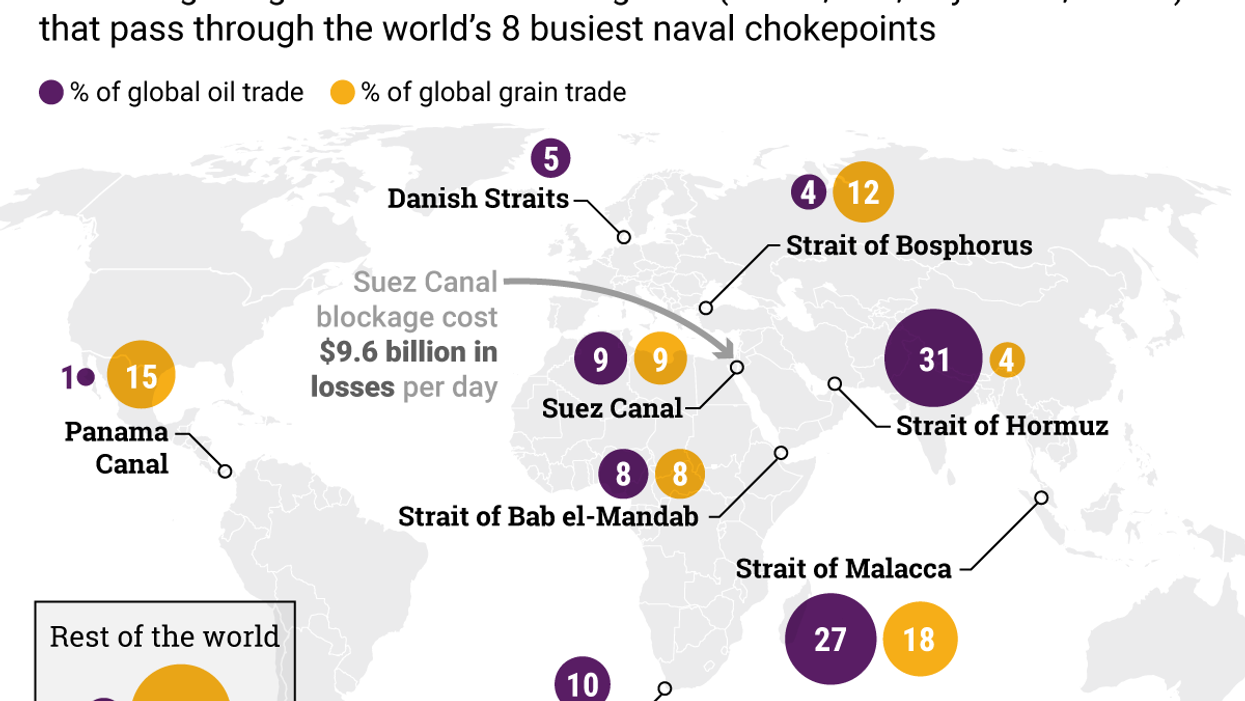popular
The geopolitics of the chips that make your tech work
A drought in Taiwan has exacerbated a pandemic-fueled worldwide chip shortage that has wreaked havoc on the US auto industry, and is shaking up the increasingly contentious geopolitics of global supply chains.
Apr 28, 2021


